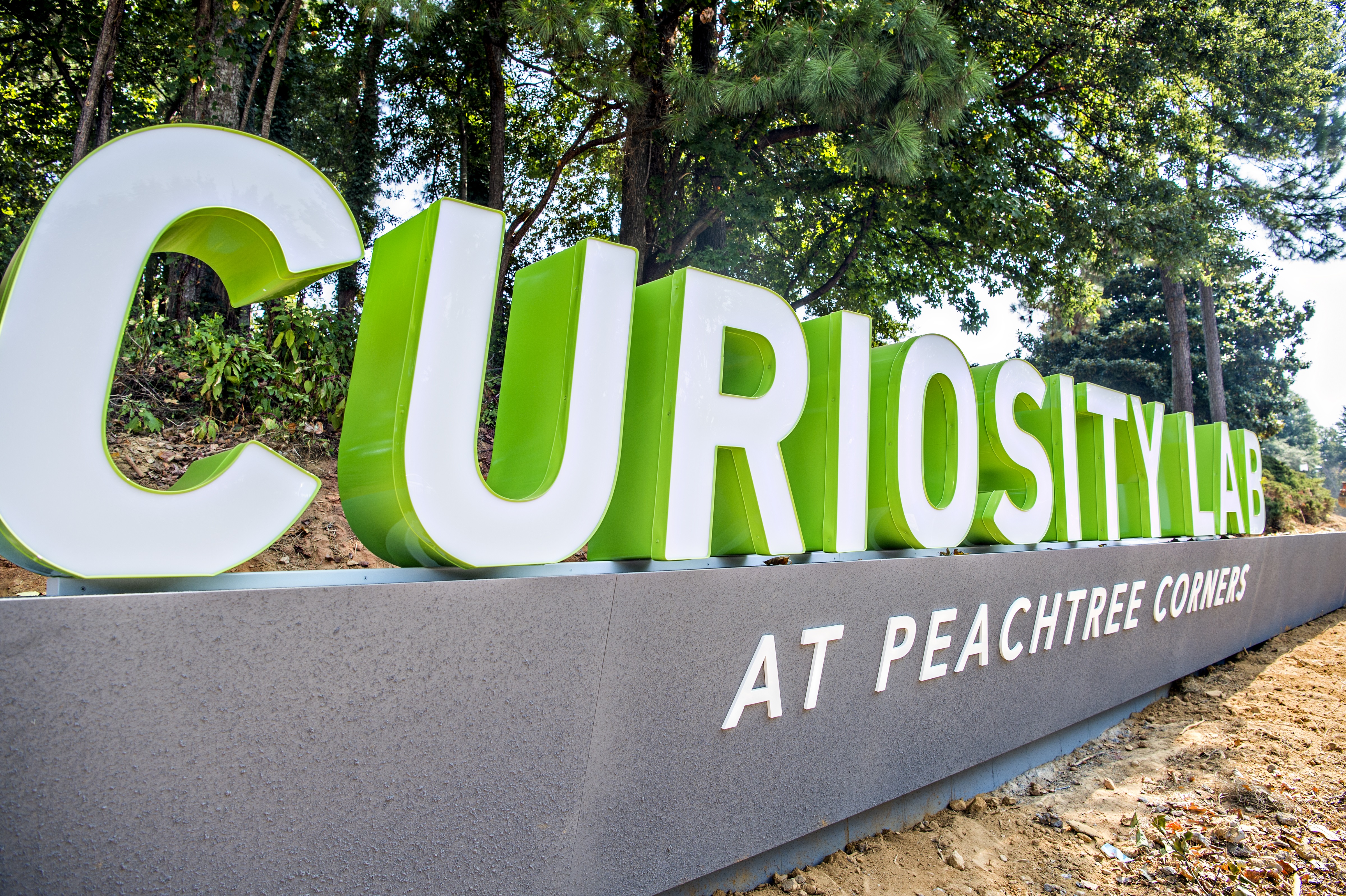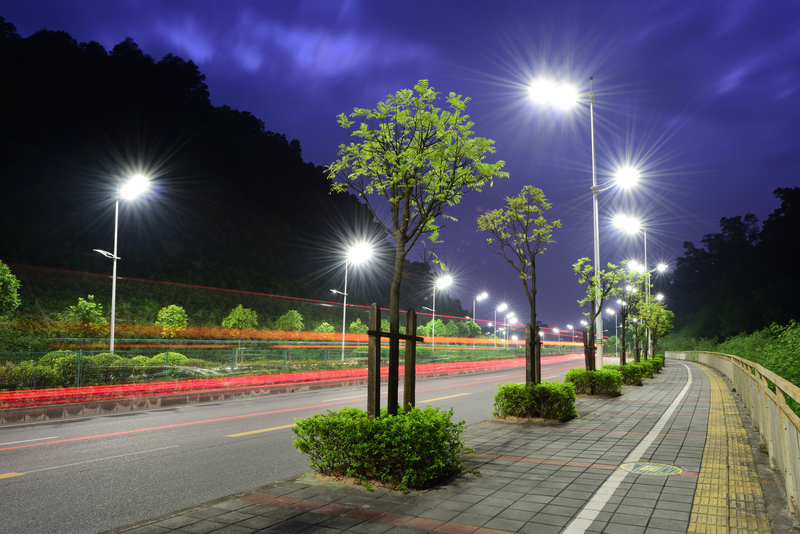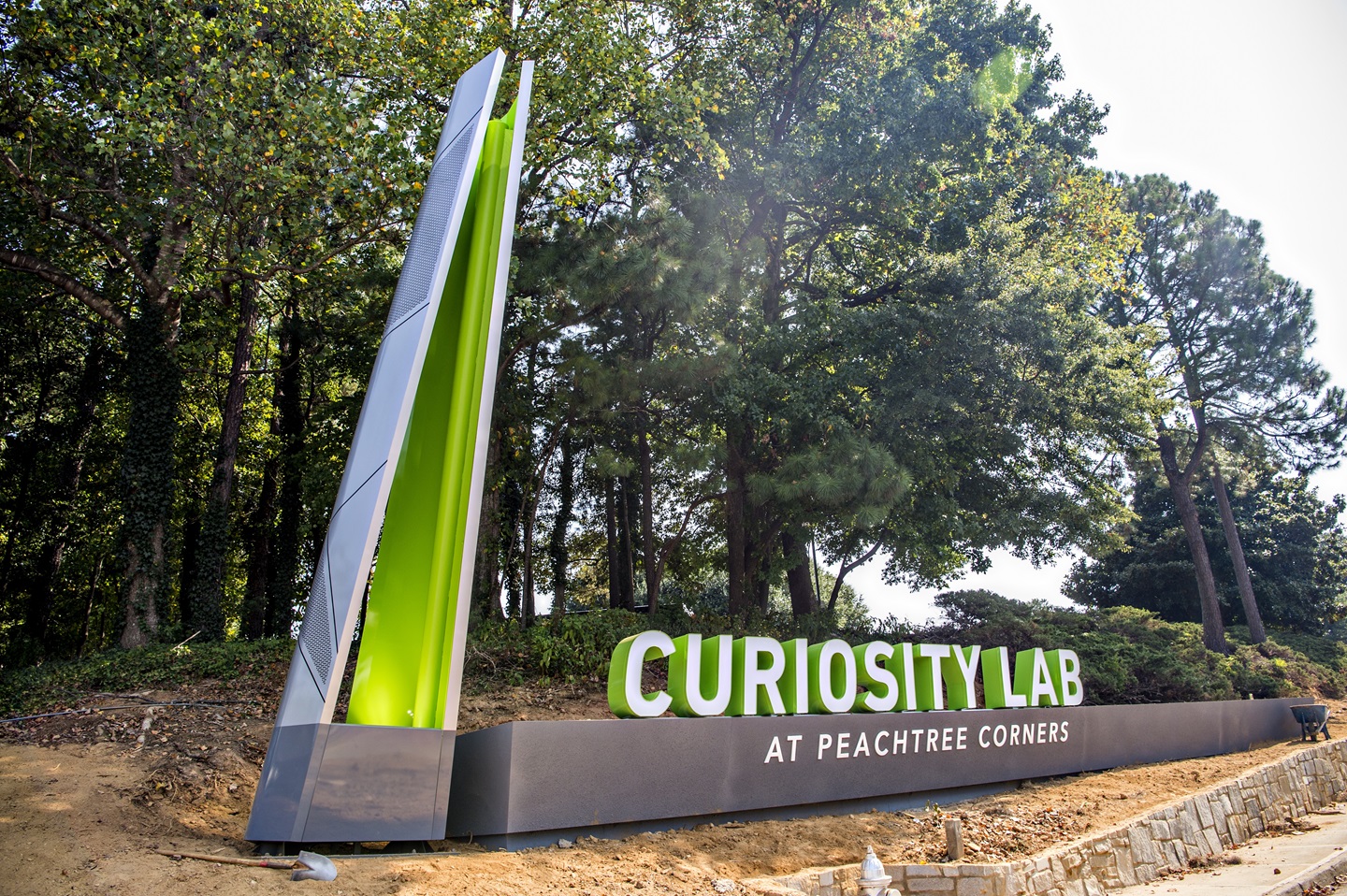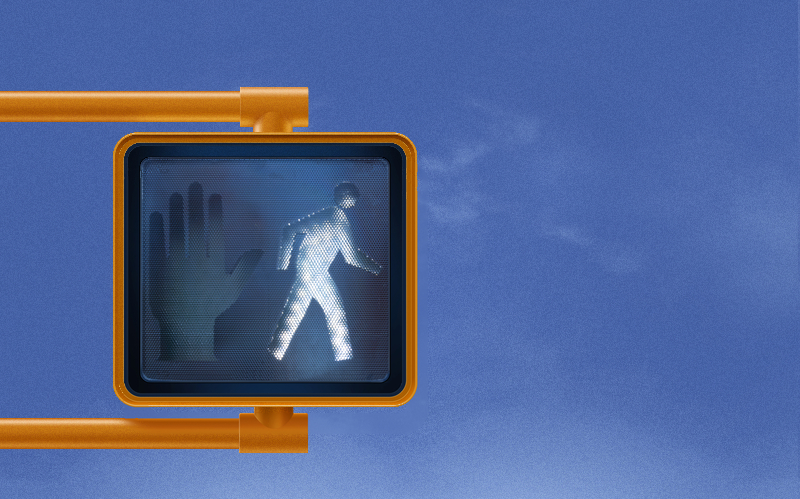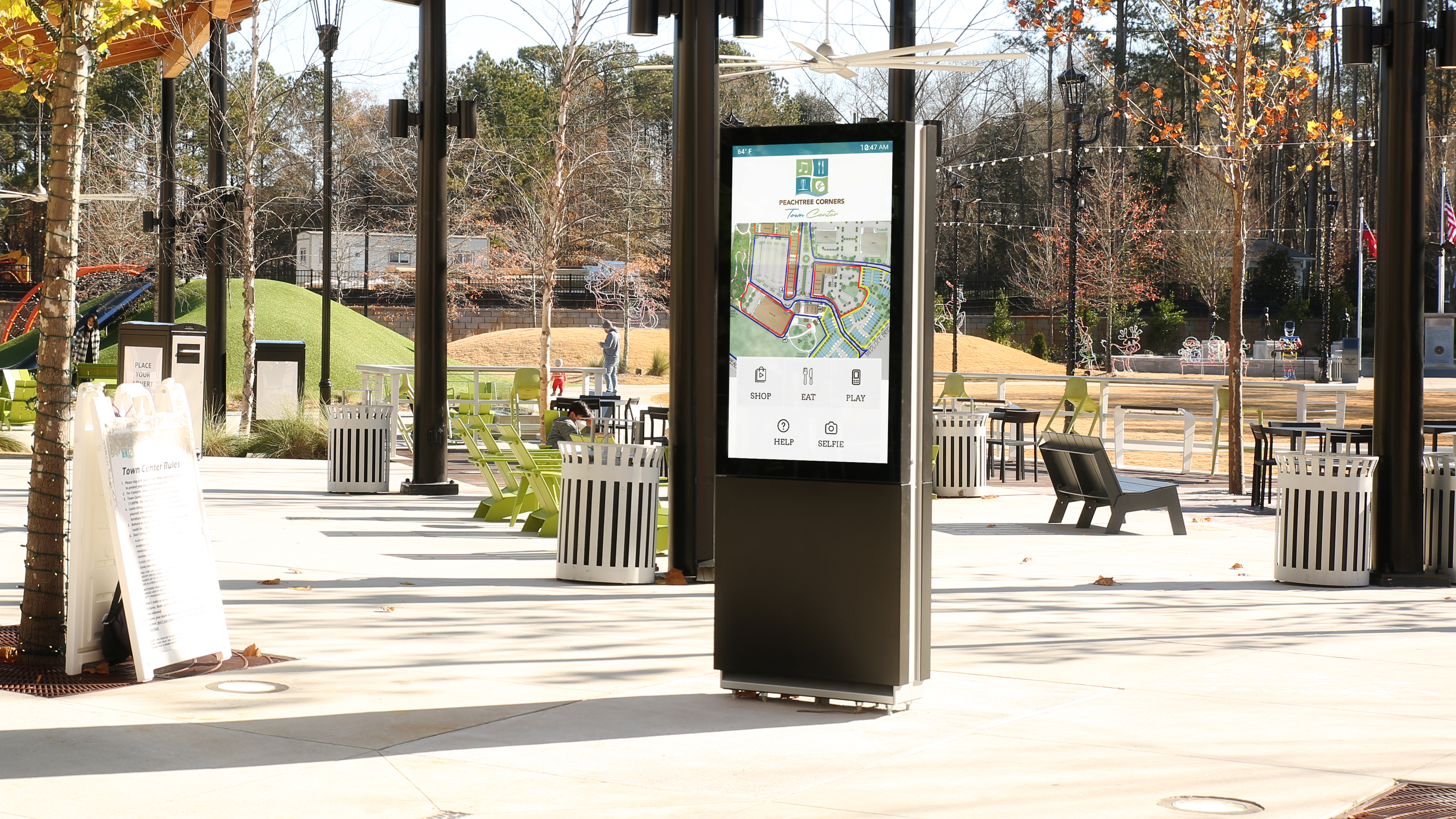
Curiosity Lab at Peachtree Corners is to receive LCD displays from LG-MRI, a partnership between LG Electronics and Manufacturing Resources International, that will share traffic-related updates.
Curiosity Lab is a 5G-enabled autonomous vehicle and smart city living laboratory located in the US city of Peachtree Corners, Georgia.
The city is a hub of connected infrastructure and hosts such innovations as smartphone-activated e-scooters, an autonomous shuttle and a solar roadway to an electric vehicle charging hub.
Curiosity Lab says LG-MRI’s BoldVu displays feature 3,500 Nits daytime brightness, Internet of Things (IoT)-powered architecture, intelligent self-optimisation and an environmentally-sealed chassis for extreme outdoor durability and thermal management.
Nits is a unit that measures brightness in terms of candela, a standard unit of light equivalent to the light produced by a single candle.
According to Curiosity Lab, each platform is equipped with an environmental sensor board to detect and track environmental factors, such as carbon dioxide and other greenhouse gases.
The sensor boards are currently monitoring Peachtree Corners’ local microclimate and generating anonymised traffic data as part of a research initiative with the Georgia Institute of Technology.
Eric Hornsby, vice president of sales at LG-MRI, says: “While budget is often a barrier to implementing smart city technology, BoldVu creates new opportunities for public-private partnerships where our displays can be funded through media partnerships or advertising.”
“LG-MRI’s BoldVu displays provide a significant first step towards becoming a true smart city,” Hornsby adds.
The BoldVu displays represent the latest in a range of new technologies being tested in Peachtree Corners. Last month, the city unveiled a roadway system which produces energy for a solar-powered electric vehicle charging station.



